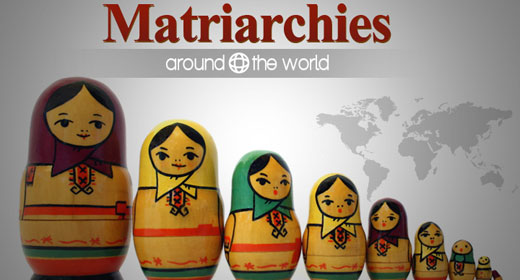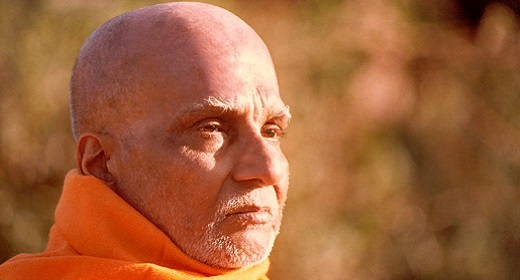by Steve Taylor Ph.D: Is a matriarchal society the solution to our problems?

I’ve just returned from Crete, where I visited the ancient palace of Knossos, and the archaeological museum in Heraklion, where thousands of the artifacts and artworks of ancient Crete are displayed.
The most striking thing about the culture of ancient Crete (or Minoan culture, as it is often called) is how prominent women are. They are everywhere in Minoan artwork, on pottery, frescoes and figurines (small stone statues). They are shown as priestesses, goddesses, dancing and talking at social occasions, in beautiful dresses with their breasts on show. There is a striking fresco of a beautifully dressed woman surrounded by a group of half naked dancing men.
It is clear that – as many archaeologists have agreed – this was a society in which women had very high status; at least as high as men.
Some archaeologists believe that the Minoans worshiped a goddess, and that women were the main religious leaders. Women certainly weren’t oppressed – they obviously took a full and active role in every aspect of life. As a result, some archaeologists have characterised ancient Crete as a matriarchal culture.
What is also striking about the artwork and decorations are the beautiful natural images everywhere – colorful and vibrant images of flowers, birds, fish and other animals, together with beautiful symbols and patterns. These seemed to fill every piece of pottery and every wall space, expressing a deep connection to nature and a sense of its sacredness. The whole culture seemed to have an atmosphere of joy and lightness, a lack of oppression and fear.
In contrast to later cultures like Greece or Rome, the Minoans seem to have had little interest in war.
There are no images of warfare or weapons, and a lack of actual weapons. In fact, many archaeologists believe that ancient Crete was a peaceful, egalitarian society, which avoided any significant damage through warfare for hundreds of years. This lasted until about 1500 BC, when Crete was invaded by warriors from mainland Greece, and its culture began a slow decline – which is painfully obvious from the shift in artwork, away from images of nature to images of warfare and anthropomorphic gods.
Perhaps, you might think, it’s not coincidental that ancient Crete was apparently a peaceful, nature-worshipping culture, since women were in positions of power. You could see this as a good model for our societies: if more women were in high status positions, there would be less conflict and competition, and more empathy and equality.
But this is probably rather simplistic. In fact, women who take on high status roles in our societies tend to take on typically ‘masculine’ characteristics of competitiveness and emotional hardness. They often don’t behave with the empathy which we often associate with the ‘feminine.’ Perhaps this isn’t their fault – if you want to succeed in a competitive society, then you obviously have to be competitive yourself.
The “Over-Developed Ego”
What cultures like ancient Crete show us (and there do appear to have been others) is not simply what happens when women take on positions of power, but what happens when everyone, both women and men, aren’t afflicted with what I call the ‘over-developed ego’. This refers to our sense of being separate individuals, enclosed in our own mental space – the sense you have that you are a person ‘in here’ (inside you head), looking out at a world ‘out there’. We have a strong sense of individuality, which can make us feel disconnected from other people, from nature, and even from our own bodies.
I think that the main difference between the Minoans and later peoples like the Greeks and Romans (and indeed us in the modern world) is that the former didn’t possess this strong sense of ego, and so felt strongly connected to nature. They didn’t have the drive to accumulate power and wealth which comes from a separate and fragile ego’s need to feel more complete and significant. Perhaps for later cultures, the desire for control and power led men to oppress women, while a sense of ‘otherness’ produced negative feelings towards sexual desires and bodily processes. (I cover this in great detail in my book The Fall.)
But for me, the wonderful thing about experiencing Minoan culture is the hope and optimism it has given me. It has made me realise that the world hasn’t always been such a discordant and destructive place, and that it’s not inevitable for societies to be ridden with conflict and oppression. It sounds utopian, but it’s at least conceivable that such cultures could come into existence again. And if they do, it won’t necessarily be because women are in power, but because the drive for power and the structures that support it are absent, replaced by an empathic connection with nature, other human beings and other living beings, and the whole cosmos.







































